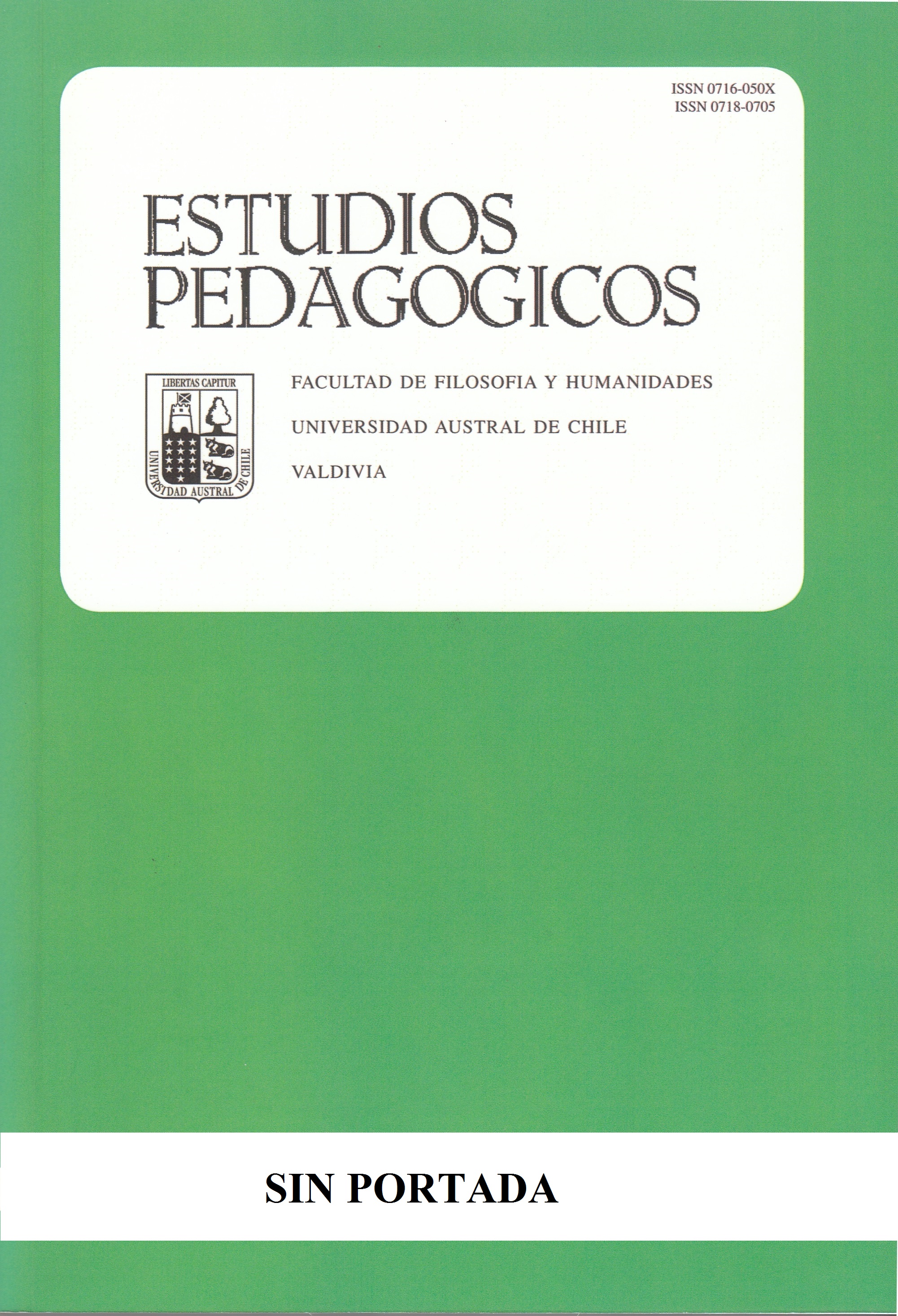Changes in School Culture within the Implementation of Accountability Policies in Chile. An Ethnographic Study in Two Schools Classified as in Recovery
Main Article Content
Abstract
Priority School Voucher Law (SEP) is part of the goal of educational policy in Chile to improve the quality and equity of learning by giving more resources to those schools that receive students from the poorest third of the country. The inclusion of schools in the SEP regime involves mechanisms destined to generate changes in them, especially in those that have been classified as emerging or recovering. What changes in school culture is generating the implementation of the SEP? To answer this question we are conducting a three year ethnographic study (2012-2014) in two schools classified, in 2012, as in recovery. We present the results of the first year of study, which revealed two major findings: schools perceived as endangered, and a lack of dialogue in the Councils of Teachers, a discussion of its implications for improving the situation is presented.

